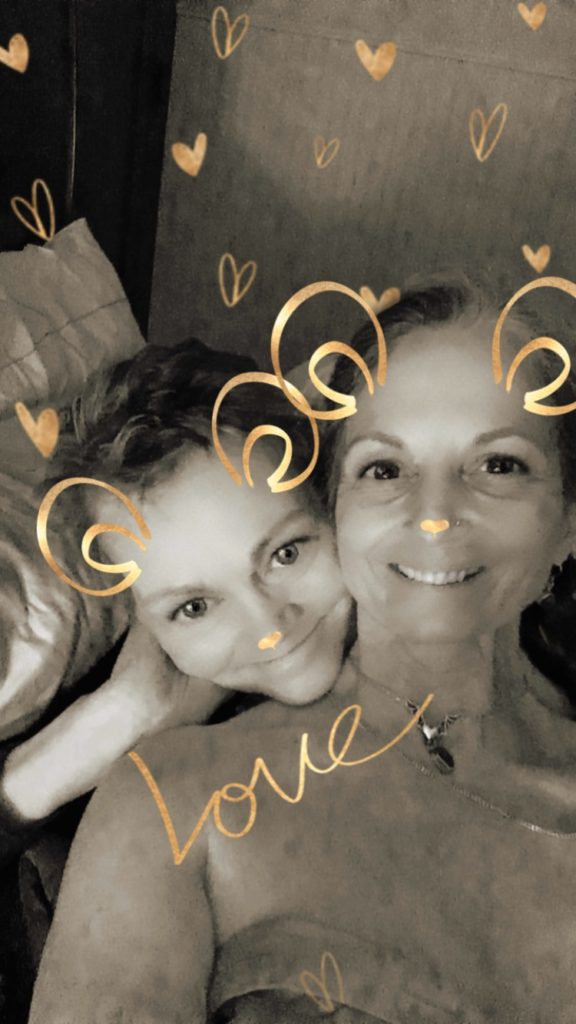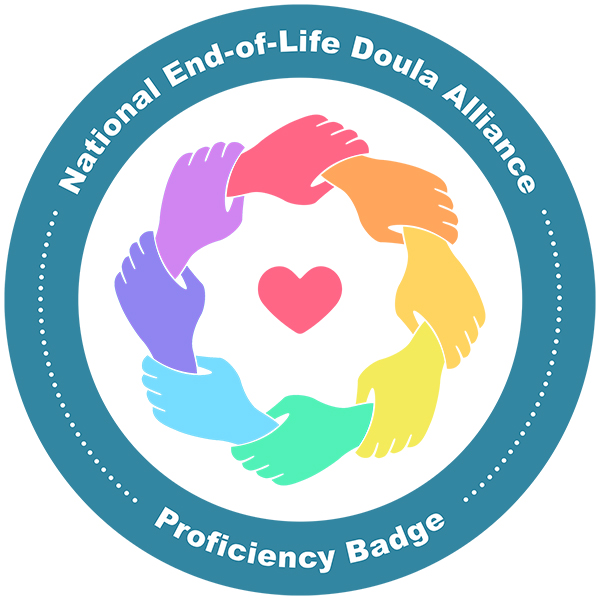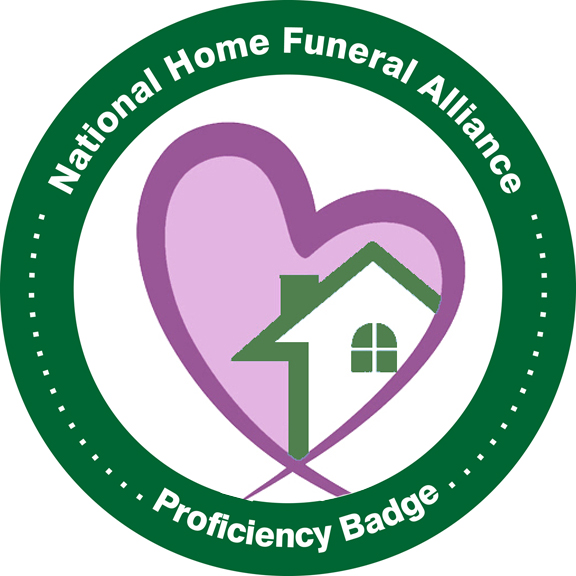The Magic of Love Blog
- How it all Began: a 30 year journey
- Complex Grief: Navigating
Deep Waters in a Social Media World
Complex Grief:
Navigating Deep Waters in a Social Media World
June 27, 2019

Snapchat photo with Colleen Cook during her funeral planning retreat – April 2019
In Memory of Colleen Cook – justice warrior, community builder, and all around amazing human.
Having recently attended Colleen, a beloved friend and community member, as she died and then officiating her memorial and graveside services, I came home feeling like a cat in new surroundings. Where’s a good hiding hole? I shall go there and never come out again unless it is dark and everyone is asleep.
I was overstimulated after days of being away from home in the thick of it all with non-stop visitors and a giant community of people surrounding her. Things didn’t go as I had hoped. Conflict and difficulty seemed to be rolling in on a continuous conveyor belt among the circles of family and support. Surfing the dynamics was challenging in the best of times and heartbreaking in the worst. My grief was compounded and complicated by trying to process all of the anger, sadness and arguments that swirled around my beloved as she worked hard to finish up her life and I worked hard to keep her desires and needs centered in the midst of chaos. It was hard. Impossible, really. I had some healing to do. I found myself resisting and dreading social interactions. I decided to use social media for the forces of good, as I like to call it when I’m clever, and made the following post:
“About my grief… Please *don’t* ask me how I am or how I’m doing in the next week or two. If you ask, I’ll likely widen my eyes and stare for a moment with a bit of panic resting in the lin
es of my face. These questions are too big and I cannot answer them. Please *do* let me know that if I want to talk, you’ll listen and if I want distractions or to engage in anything besides this grief, that you can go there too. That helps. Let me lead the conversation, just for a little while. Be okay with my silence. I’m working to soothe my nervous system.
Please *do not* look at me with sad puppy eyes. It sparks an irrational anger in me. I don’t want you to feel sorry for me or sorry for my loss. I don’t need or want your pity. It makes me feel separate from you. I desire your friendship and I long for connection.
Please *do* ask if there’s anything you can do for me. That big question doesn’t bother me at all and sometimes the simplest help makes all the difference.
This is not a template for how my grief always works. It’s a template for how this particular grief is living in me right now. I will change. This grief will change me. I treasure your loving support.”
The following day, I read the wonderful comments of support that people wrote, I received texts and messages thanking me for my clarity and asking how they could help. It was wonderful, but as I re-read my initial post I thought it came off harshly and I felt concern that I may have hurt someone’s feelings so I followed it up with this:
“Dear ones, Thank you so much for your witnessing, kindness and respect. You constantly remind me why I love you. For all who checked in here, read it and held it in their hearts or messaged and called me, I can’t thank you enough. I feel so lucky and blessed to be in relationship with such fine people.
In reading this again today, I feel like I came off a bit terse in this post and I hope I didn’t create any feelings of shame or awkwardness or if I did that it was somehow in service to something greater. I made myself very unhappy in my youth by expecting people to know how to love me without telling them how and then being wildly disappointed when they didn’t do it right. My intention is to convey what support looks like to me amidst some pretty complex grief.
I want to open a window to my soul for a moment for those who are interested.
During the weeks I was in Minneapolis attending a dying beloved, I certainly had all of my introversion tendencies and desires challenged and got way over-peopled between attending them, navigating the social scenes around them, officiating their services and connecting with beloved community. When I came home I was wildly overstimulated like I can’t ever remember being, and all I wanted was a hidey-hole and maybe to fall apart a little.
I soon realized I was absolutely dreading social interaction and reintegration. When I checked in with myself about it, this (previous) post ensued from a place of honesty about my grief, social anxiety and working to navigate intense feelings and experiences with people who aren’t sure what to say or how to be around someone in deep grief.
I thought about Colleen and their commitment to truth-telling, emotional intelligence and boundaries in community and decolonizing death and could almost hear them say, Go for it. Tell the truth. Ask for what you need and desire. Let people show up for you by telling them how to do it. Break through the walls of isolation and silence and be real about where you’re at, what works for you and what doesn’t. So that’s what I did – and – I wish I had done it a bit more gracefully. (If I stepped on your toes, please consider it a faulty dance move and not an act of anger or aggression.)
What I’ve also noticed – and it’s so beautiful and profound – is that the responses to this initial post have totally eased my fear and dread. I’m not worried about someone asking how I am anymore, for instance. In feeling seen, heard and honored here, my raw spots have healed a lot; still sensitive to the touch, but no longer on fire. Thank you for being the kind of people who can show up like this. You’re awesome.”
I hope this post helps to open some doorways into navigating grief for you and your loved ones now or in the future. It seems we are not taught in our over-culture how to be with our own or another person’s deep grief or how to turn toward suffering. This is the work of end-of-life care. This is how we bring the magic of love alive in every moment. We tell the truth, ask for what we need, listen to the needs of others, and open our hearts. We teach each other how to be together and how to speak our languages of love when it matters the most. We break through isolation and taboo. We extend loving kindness and compassion to everyone, including ourselves.


